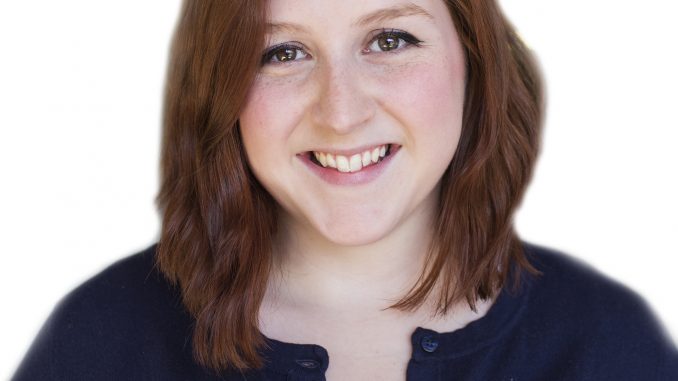
 In a time when the displeasure of Mayor Michael Nutter can be heard all over the city, the mayoral primary election on May 19 is more important for Philadelphia now than ever.
In a time when the displeasure of Mayor Michael Nutter can be heard all over the city, the mayoral primary election on May 19 is more important for Philadelphia now than ever.
Our city, like most large cities, operates on a strong-mayor or mayor-council form of government that gives their leaders the opportunity to operate relatively independently. This compares to a weak-mayor form of city government where leaders can’t make executive decisions like “strong” mayors can.
With the amount of power the mayor holds in the fifth-most populated city in the United States, this race matters.
Temple students who plan to graduate and remain here will join the group of millennials that call the city home and make up the largest percent of its population.
The outcome of this year’s race will determine a lot about the future of the city. Yet, according to philly.com, the young people learning and living here are the ones who don’t vote – 70 percent of voters ages 18-24 are inactive, meaning they haven’t cast a vote in any election in the last five years.
It’s not that Philly college students don’t care – at least, I refuse to believe so – It’s that there are a lot of obstacles in the way in terms of voting.
To start off, the most common issue that college students face is their uprootedness. The four people in my apartment here at school represent three different states and four different counties. None of us originally registered to vote in Philadelphia, but instead, in our home counties.
Steven Zicker, president of Temple College Republicans said that often students don’t see themselves as residents of the city that they go to school in, just students.
“What we need is voter education, not voter registration,” he said in an email. “Students here need to become more engaged and see the importance of city politics while they’re here at Temple.”
Shannon McLaughlin, president of Temple College Democrats sees this year’s finals being earlier than in previous years as another deterrent to voters who will go to their home counties at the end of the year before the day of the primary election.
“We do a lot of registering awareness events and tables during presidential election years,” McLaughlin said. “We go into the dorms, we’re at every student organization fair.”
Both Temple College Democrats and the Temple College Republicans held events this year to encourage registering, voting and hosted special speakers – many of which are involved in this race, but the interest for local elections just isn’t there, McLaughlin said.
It’s the off years, she added, that don’t gain as much attention, even when seven candidates dominate much of the media cycle.
Those candidates are Democrats T. Milton Street Sr., Lynne M. Abraham, Nelson Diaz, Doug Oliver, Anthony H. Williams, Jim Kenney and Republican Melissa Murray Bailey.
Philly.com’s Next Mayor project holds Abraham ahead of the race at 30 percent, shortly followed by a 29 percent “undecided vote,” but at age 36, Bailey is the youngest running candidate. If elected, she would be the first Republican to hold the position since 1952 and the first woman – ever.
It’s an interesting position that Philadelphia is in where the real race happens before the traditional election day in November, when most people are thinking about voting. This, too, is often a reason the primaries are overlooked.
“A lot of our members are very politically aware, as well as much of the student body,” McLaughlin said. “But for some reason, or a lot of reasons, really, the primaries aren’t so important.”
But when a primary election will choose one democratic candidate out of six to run against a sole republican candidate in a city that is overwhelmingly Democratic – about 77 percent of registered Philadelphia voters were registered democrats in November 2014 – it’s the early vote that matters. Essentially, Philadelphia decides its mayor in a few weeks.
The closed-primary status of Pennsylvania is another roadblock in the voting world for young people who aren’t so certain on their political stance and choose to register as an independent. The freedom of not assigning yourself to a particular party may appear liberating to college students, but it prevents them from having a voice in the current arraignment of Pennsylvania politics when it comes to primary elections.
By sheer numbers, millennials are in the position to make the strongest play for mayor. The top 3 topics that are most important to Philadelphia residents are education, crime and jobs/economy according to Philly.com. It appears that young people are weighing in.
A small effort from a large group of people could really make a difference – re-registering as a voter in Philadelphia is easy and only needs a 30-day advance postal stamp before May’s primary.
“Good Temple students are good community members,” McLaughlin said.
In order to be the community members that we need to be, in order to bring a new, fresh direction to the city, young people need to vote.
Paige Gross can be reached at paige.gross1@temple.edu or on Twitter @By_paigegross.



Be the first to comment